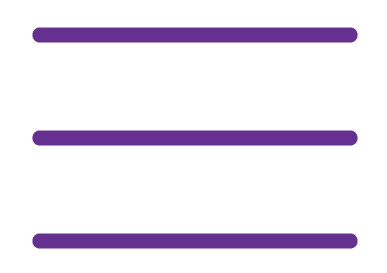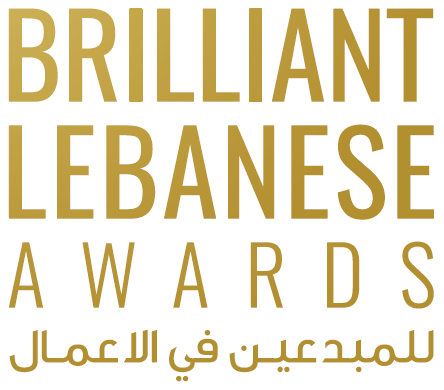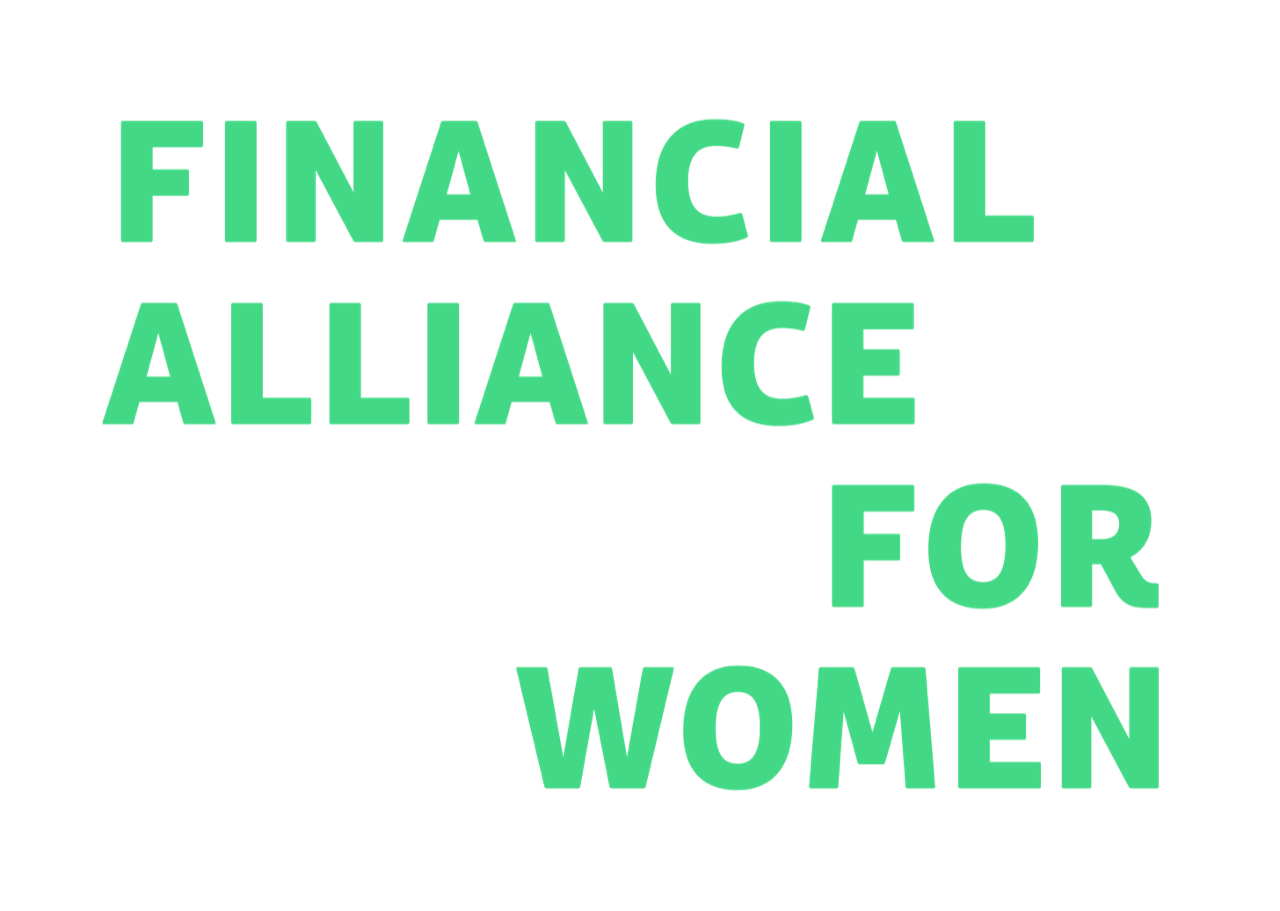Tomorrow’s leading minds and game changers are today’s children whose potential is being maximized. With the freelance economy booming and the startup ecosystem in better shape than ever, raising young children with entrepreneurial skills has become a crucial aspect of nowadays education. Kids have never been as autonomous, and as exposed to the outside world as they are today; it is thus primordial to help them channel their attention and energy in a direction that will benefit them later on.
So much so that entire programs have been put together to help our little ones foster instincts that will help them break the mold, challenge their selves and come up with tomorrow’s groundbreaking ideas.
This year’s edition of the Brilliant Lebanese Awards has two of its finalists betting on children’s potential and aiming at giving them the keys to success and unconventionality. We took a moment to sit with Rita Abboud and Hadi Hamza to see how future entrepreneurs are brought up and how Bébés Calins and Genius Map contribute to raising a more daring and innovative generation.
During the first six years of their lives, toddlers brain cells connect at vertiginous speed (700 to 1000 conations / second)”, explains Rita. “It is thus crucial to help children manage their emotions so that overwhelming stress does not damage brain cells that are located in essential areas of their brain. We at Bébés Calins do everything to stimulate children’s brain development, the evolution and empowerment of each child using an empathic approach and positive discipline.”
One should also take into account the child individuality and interests. Whilst a multidisciplinary education is privileged to give children an exhaustive idea of all the possibilities lying before them, it is crucial to help them develop their skills in a domain they hold dear. In this vein, today’s most innovative learning techniques, such as the one implemented by Genius MAP founder Hadi Hamza, are tailored to the needs and interests of every student regardless of their ability and learning style. As put by Hadi, “it is a mental exercise that results in high level logic and analysis, better observation skills, time management techniques, a wider imagination, elevated concentration abilities, more patience, and higher self-esteem”. We don’t know about you, but it feels like we’re describing a mini entrepreneur ready to hit us with the next zero-to-one concept full-force!
Besides enhancing a child’s academic achievements, these skills obviously help children grow to be more autonomous adults. For a child to become a true risk taker it is however crucial to nourish their capacities by challenging their problem-solving aptitudes. This way, “their personalities are building up enthusiasm, curiosity, confidence and self-reliance” explains Hadi. “This shapes an outgoing individual who is willing to take risks and explore”.-
Also, letting children voice their opinion and make their own choices from a young age helps them develop their emotional intelligence, thus enhancing their cognitive development. It is therefore crucial to value a child’s efforts and teach them to cope with failure. For there is no true risk taking that can erase the possibility of failing.
Rita Abboud explains that kids should have a hands-on interaction with their surroundings. “It is primordial to give them the opportunity to lead experiments of their own in order to understand the world that surrounds them and let them become conscious of their own boundaries”.
For every problem in the world, there is a solution. Imagine every one of those kids raised to become an entrepreneur bold enough and resourceful enough to make the change they want happen instead of getting a nine-to-five job that will keep them longing for other horizons.
*The Brilliant Lebanese Awards are an initiative launched by BLC Bank in 2012. As the first banking awards in Lebanon, they aim to recognize Lebanese entrepreneurs through two categories: the Business of the Year and Woman Entrepreneur of the Year and are a token of the bank’s commitment to SMEs.





 close
close


























